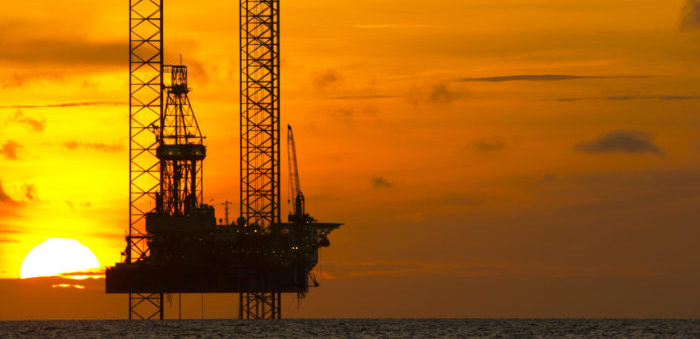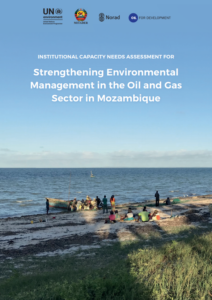The Government of Mozambique, in collaboration with UN Environment and Norway’s Oil for Development Programme, launched a report to strengthen Mozambique’s capacity to address environmental management challenges related to its oil and gas sector.
This comes as the Southeast African country is expected to become the world’s third largest natural gas exporter by 2023, bringing a projected $39 billion to the Mozambican economy over the next 20 years and creating over 700,000 jobs by 2035, according to data provided by UN Environment.
The report’s launch event in Maputo on 15 March, attracted over 50 participants from multiple Ministries, international development partners, academia, and the private sector including major oil and gas companies operating in the country, namely ExxonMobil, Anadarko and Sasol.
The report’s 38 recommendations form a roadmap for the successful management of this important and rapidly developing sector.
The report concluded that some of Mozambique’s most urgent challenges are the need to update the country’s oil spill preparedness and response strategy for both land and sea, and chemicals and waste management associated with the industry, given the projected expansion of the sector over the next decade.
The report also highlights the importance of regulating, monitoring and documenting air emissions from the oil and gas sector, including methane, which is considered to be more potent than carbon dioxide as a greenhouse gas and a major contributor to climate change.
Other important challenges highlighted in the report relate to resources and technical capacity within MITADER, as well as institutional coordination across Ministries.
During the panel discussion, Marianne Angvik, Adviser to the Embassy of Norway stressed Norway’s strong commitment to support the Government of Mozambique, stating that “responsible petroleum management is essential to protect people’s livelihoods and achieve poverty reduction.”
Paulo Jorge Sithoe, Environmental Specialist at the World Bank, highlighted the importance of developing more specific regulations and operational procedures to improve Government coordination and address overlapping roles and responsibilities.
UN Environment and Norway are cooperating under the Environment Pillar of Norway’s Oil for Development Programme to enable countries to access and apply environmental management best practice and reduce risks of environmental pollution and degradation. The OfD Programme is operating in 14 countries, including Mozambique.
Find out more herebelow:


































































